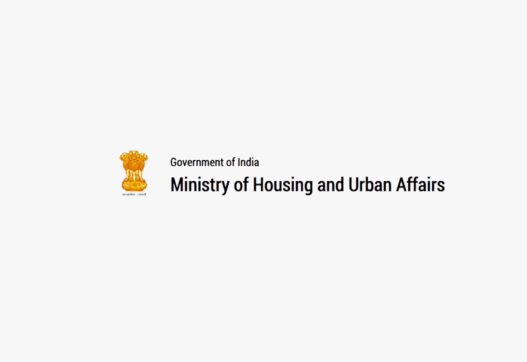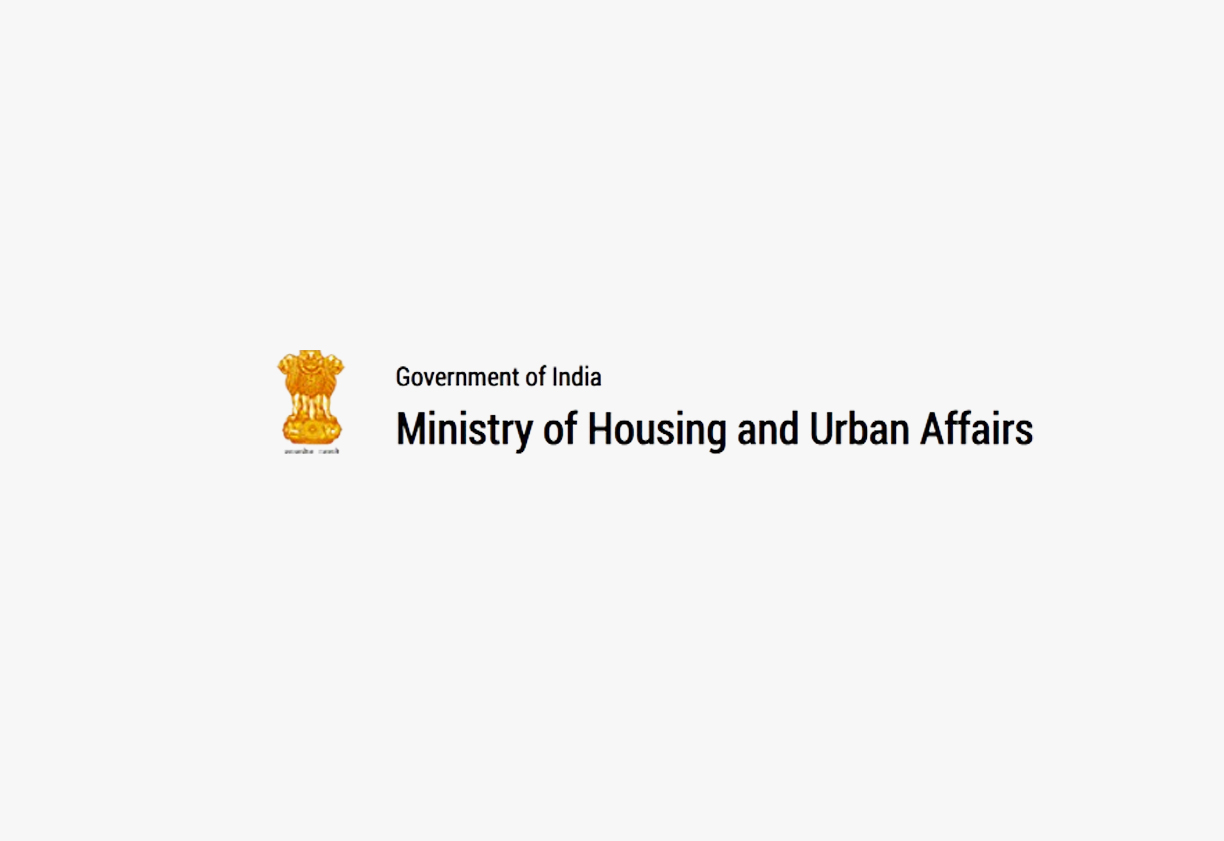Ministry of Housing and Urban Affairs
The Delhi Laws (Special Provisions) Act, 2006, was enacted to make special provisions for the areas of Delhi for a period of one year and for matters connected therewith, providing temporary relief from punitive action against certain unauthorized developments.
1: Act Background and Ministry Under Which This Act Is:
The Delhi Laws (Special Provisions) Act, 2006, was enacted to make special provisions for the areas of Delhi for a period of one year and for matters connected therewith. This act aimed to provide temporary relief to people from punitive actions related to unauthorized development while the Central Government formulated a comprehensive strategy to address the issue. The act falls under the administrative purview of the Ministry of Housing and Urban Affairs, which oversees matters related to urban planning and development in India. The ministry plays a crucial role in managing urban growth and addressing unauthorized development.
2: Enactment Date, Number of Chapters, Number of Sections:
The Delhi Laws (Special Provisions) Act, 2006, was enacted on 19th May, 2006, and is known as Act No. 22 of 2006. The act does not have formal chapters, but is structured into 5 main sections. These sections cover various aspects such as short title and extent, definitions, enforcement to be kept in abeyance, provisions not to apply in certain cases, and the power of the Central Government to give directions. The act is concise and focuses on specific temporary measures.
3: Act Governed By:
The Delhi Laws (Special Provisions) Act is governed by the Central Government, which has the power to issue directions to local authorities for giving effect to the provisions of the act. The act is governed by the provisions outlined within it, as well as rules and regulations framed by the Central government. It is therefore a central authority oversight.
4: On Whom It Is Applicable:
The provisions of The Delhi Laws (Special Provisions) Act are applicable to the Central Government, local authorities in Delhi, and all persons and entities involved in unauthorized development in Delhi. The act ensures that all actions and activities are in accordance with the regulations outlined, as well as the Act’s mandate and guiding principles. The general public in Delhi are indirect beneficiaries of the act’s provisions. The act’s focus is to provide temporary relief.
5: Penalties/Punishments:
The Delhi Laws (Special Provisions) Act does not specifically lay down penalties or punishments for violation of its provisions. However, the act empowers the Central Government to give directions to local authorities to ensure compliance. The act ensures accountability through rules and regulations, emphasizing the proper management of urban development. This act therefore prioritizes good governance and public welfare.
6: Important Pointers:
-
Temporary Relief: The act provides temporary relief from punitive actions related to unauthorized development.
-
Abeyance of Punitive Action: It mandates that punitive actions be kept in abeyance for certain categories of unauthorized development.
-
Exemptions: It specifies categories of unauthorized development to which the act does not apply.
-
Power to Give Directions: It empowers the Central Government to give directions to local authorities for implementation.
-
Rule-Making Power: It empowers the Central Government to make rules for carrying out the purposes of the act.
-
Limited Duration: The act is intended to be in force for a limited period of one year. The act is therefore temporary in its application.
7: Act Copy:




